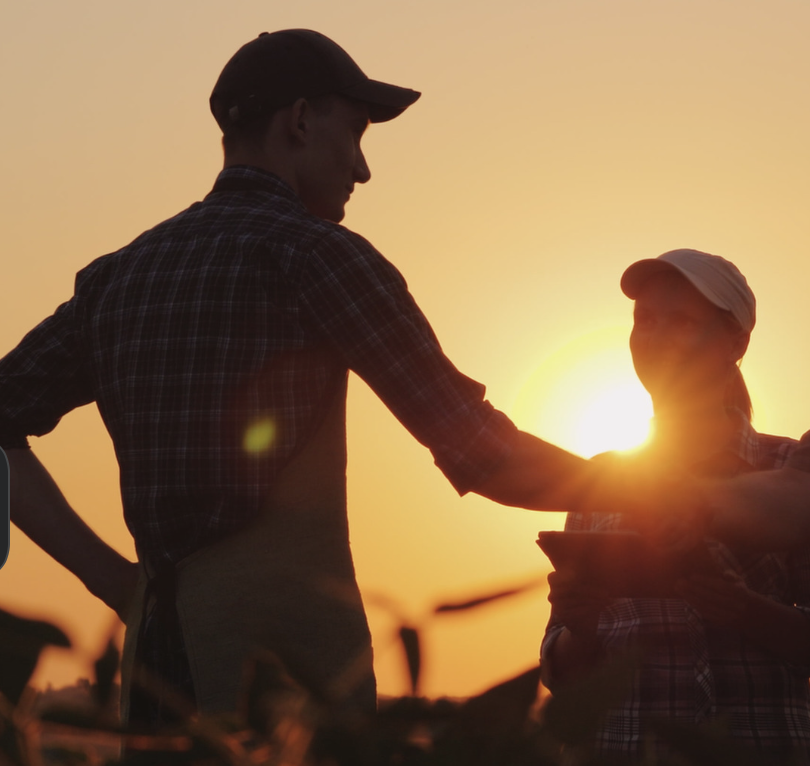Farmfluencers of tomorrow: Can the next generation of farmers bridge the gap via social media?
This month, GMA has dug deeper into the world of modern next-generation farming, having read many recent articles on how today’s farmers need to continue to adopt new approaches if they want to run profitable and sustainable businesses into the future.
In an article this month in ‘Fast Company’, Mark Riley, a professor of human geography at the University of Liverpool in the UK, and Bethany Robertson, a rural sociologist at the University of Leeds, also UK, have shared some of the findings of their extensive research on farming and identity. Riley said that online narratives and personas of farming are creating new, younger cultures around the profession who are engaged with the idea of farming. They inspire a new audience via wider lenses of farming such as fashion styles, merchandising or global role models to aspiring farmers.
““A culture that was once very geographically limited to the Young Farmers Clubs of the past has now opened up.”
As someone who understands this reference from UK teenage-hood, this is good news indeed.
More than just fashion inspiration, Riley’s research suggests that online communities for the next generation of farmers can offer young farmers a community that combats loneliness and generational isolation - in a career that is often existing in more separated, rural communities, let alone when we consider it in regions like Australia where distances are vast.. It is true that for any young farmer in remote areas, and those with no family link to the profession, are likely to feel alone or a disconnect at some point.
Social media has been positioned to provide the link for both the farmer and the audience to form a bridge to the profession. It may also offer a way to bypass traditional barriers in agriculture, such as access to land and capital, Bethany Robertson said. It is an effective way for those without long-standing networks to engage with resources, mentorship, and an active audience that can be leveraged for income as well as friendship and alliance.
What is clear is that the farmers of today are focussing on social media to leverage their messages.
““By becoming an influencer, these young farmers have been able to stop a second unrelated job they had just to make ends meet. Now they’re able to use social media [to make money] in something related to farming.”
The agricultural industry is slowly finding its place in this new world - what is important is that the next generation are supported by the older generation who might have to change their ways of engaging to bridge the gap with the rest of the world.
Farming influencers like Olly Harrison for example are heavily involved in events promoting agricultural charities, and are guiding the way industry can generate awareness and funds to plough back into the sector. And Morgan Gold of Gold Shaw Farm, Vermont, for example, shares his working day on-farm with his 4.5 million followers.
What we can learn here, while the rise of farming influencers comes at a time when globally farms are consolidating, is that they might be the main hope for a connection between urban life and our industry. The next generation of farmers understand what people want to hear about - sustainability, transparency and the supply chain for example, and they have found a way to share it in a way that makes others care.

